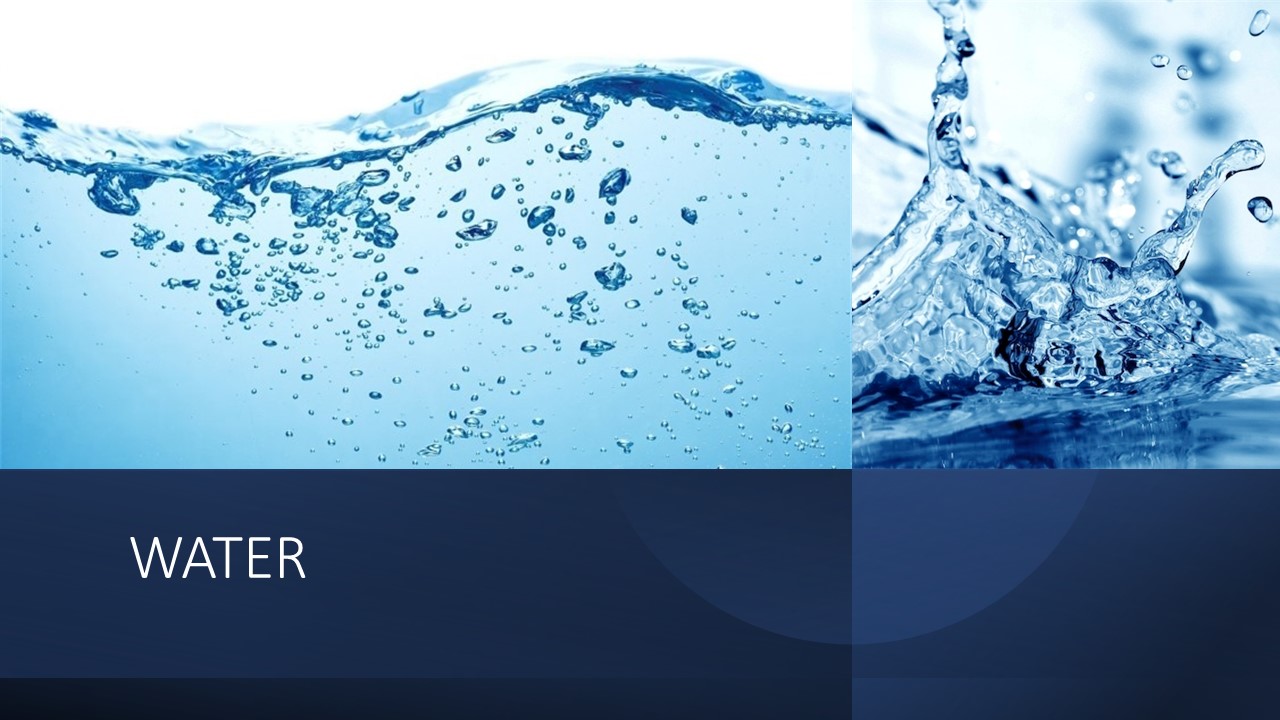Description
WATER AS A UNIVERSAL SOLVENT
Water is called the universal solvent since it is capable of dissolving a variety of different substances more than any other liquid.
From a biological point of view, this is important for living organisms, as water is capable of transporting nutrients and minerals from the surrounding elements into their bodies and inside their bodies as well.
Water can dissolve more substances than any other compound because of its polar nature. The water molecules because of their composition – hydrogen with a positive charge on one side and oxygen with a negative charge on another, are able to attract other molecules easily.
Hydrated and anhydrous substances.
Water of crystallisation:
When crystals of certain salts are formed, they do so with a definite number of molecules of water that are chemically combined in a definite proportion. Water of crystallisation is defined as the number of water molecules, chemically combined in a definite molecular proportion, with the salt in its crystalline state. This water is responsible for the geometric shape and colour of the crystals.
Hydrated and anhydrous substances.
Hydrate: A substance containing water of crystallisation is called a hydrous substance or a hydrate. This water can be expelled, by heating, and then the salt is said to have become anhydrous.
Soft water and Hard water
Hard water
Hard water is the water that contains an appreciable quantity of dissolved minerals (like calcium and magnesium).
Soft water
Soft water is treated water in which the only ion is sodium. As rainwater falls, it is naturally soft. … On the other hand, soft water tastes salty and is sometimes not suitable for drinking.
Free
Free
Free access this course
-
LevelIntermediate
-
Total Enrolled2
-
Last UpdatedAugust 9, 2024
Hi, Welcome back!
Material Includes
- 🔥 Live Interactive classes with in-class doubt solving
- ⭐ Weekly Test and Quiz with instant tracking for progress
- ⚙️ Revision of the course after testing
- 👋 Fortnightly Parents and Tutor interactions
- 🌷 Expert monitoring of student's learning progress
- 👨👩👧👧 Daily communication over call, whatsapp and mail
- 💻3 hours on-demand video
- ✍4 downloadable resources
- ⌛Access for entire Academic Year
- 📱Access on mobile and Desktop
- 📋Assignments and review of the same
- 💡Tests and Correction by Board paper checkers
- 🏅Certificate of completion and Live tracking with Grade book
Course Duration:
0
Course level:Intermediate
Enrolled:2
About Course
In this section will learn the following chapters:
1.Water as a universal solvent
2.Hydrated and anhydrous substances.
3.Soft water and Hard water
Course Curriculum
WATER – CHARACTERISTICS
-
[PPT] [RHEA] WATER – SUPPORT MATERIAL – INTRODUCTION
00:36 -
[PPT] [RHEA] WATER – SUPPORT MATERIAL – FORMS OF WATER
00:18 -
[PHYSICAL] [GURSIMRAN] WATER – WATER AS A COMPOUND
22:32 -
[PHYSICAL] [GURSIMRAN] WATER – CHEMICAL PROPERTIES OF WATER AND ANAMOLOUS EXPANSION OF WATER
23:23 -
[PHYSICAL] [GURSIMRAN] WATER – LATENT HEAT AND SPECIFIC HEAT
12:45 -
[RHEA] [ONLINE] – WATER AS A UNIVERSAL SOLVENT, SOLUBILITY AND CHARACTERISTICS OF CRYSTALS
01:15:00
WATER – HARD WATER AND SOFT WATER
-
[PHYSICAL] [GURSIMRAN] WATER – HARD WATER AND SOFT WATER
22:06 -
[PHYSICAL] [GURSIMRAN] WATER – HARNESS OF WATER – TEMPORARY AND PERMANENT HARDNESS
43:08
WATER – SOLUTION AND CRYSTAL AND CRYSTALLIZAION
-
[PHYSICAL] [GURSIMRAN] WATER – SOLUTION
13:35 -
[PHYSICAL] [GURSIMRAN] WATER – FACTOR EFFECTING SOLUBILITY
10:39 -
[PHYSICAL] [GURSIMRAN] WATER – CRYSTAL AND CRYSTALLIZAION
05:42 -
[PHYSICAL] [GURSIMRAN] WATER – CHARACTERSTICS OF TRUE SOLUTION
07:48 -
[PHYSICAL] [RHEA] WATER – CRYSTALS AND CRYSTALLIZATION
17:34 -
[PHYSICAL] [RHEA] WATER – INTRODUCTION TO WATER
17:42 -
[PHYSICAL] [RHEA] WATER – TYPES OF SOLUTIONS
16:48
ADDITIONAL MATERIAL
-
[PHYSICAL] [GURSIMRAN] WATER – CORE CONCEPT – WATER CYCLE
03:27 -
[PPT] [RHEA] WATER – SUPPORT MATERIAL – SOLUTION AND SOLUBILITY
01:34
ASSIGNMENT AND DUE DATES
Student Ratings & Reviews

No Review Yet


